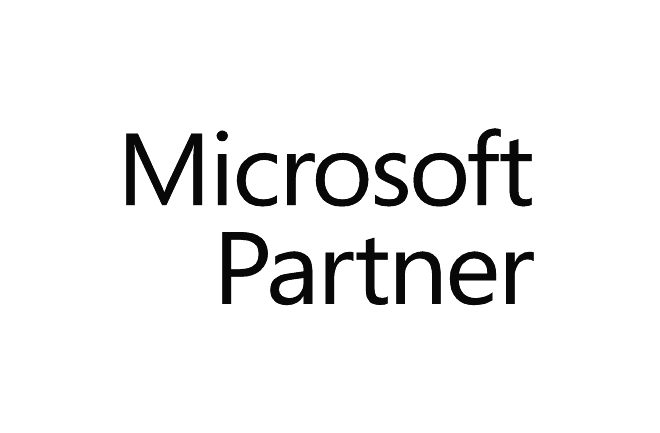Course outline
Extend Microsoft 365 Copilot with declarative agents by using Visual Studio Code (MS-4010) |
Duration : 0.5 Day |
© AFI Expertise inc. | |
This training course is designed to help you understand the extensibility options available for Microsoft 365 copilot. You will learn about the different ways to extend Copilot, including building plugins and connectors, and how to choose the right option for your use case. The course also covers best practices for building high-quality plugins and connectors, as well as data, privacy, and security considerations. Whether you are a pro-code or low/no-code developer, this course will help you chart your path to extending and customizing Microsoft 365 Copilot. | |
Audience | This training course is targeted at developers who are interested in extending and customizing Microsoft 365 Copilot. This includes both pro-code and low/no-code developers who want to learn about the different Copilot extensibility options available and how to choose the right option for their use case. |
Prerequisites |
|
Objectives |
|
Contents | Microsoft 365 Copilot extensibility fundamentals
Choose a Microsoft 365 Copilot extensibility development path
Introduction to declarative agents for Microsoft 365 Copilot
Build your first declarative agent for Microsoft 365 Copilot by using Visual Studio Code
Build your first action for declarative agents with API plugin by using Visual Studio Code
Use Adaptive Cards to show data in API plugins for declarative agents
Add custom knowledge to declarative agents using Microsoft Graph connectors and Visual Studio Code
|

